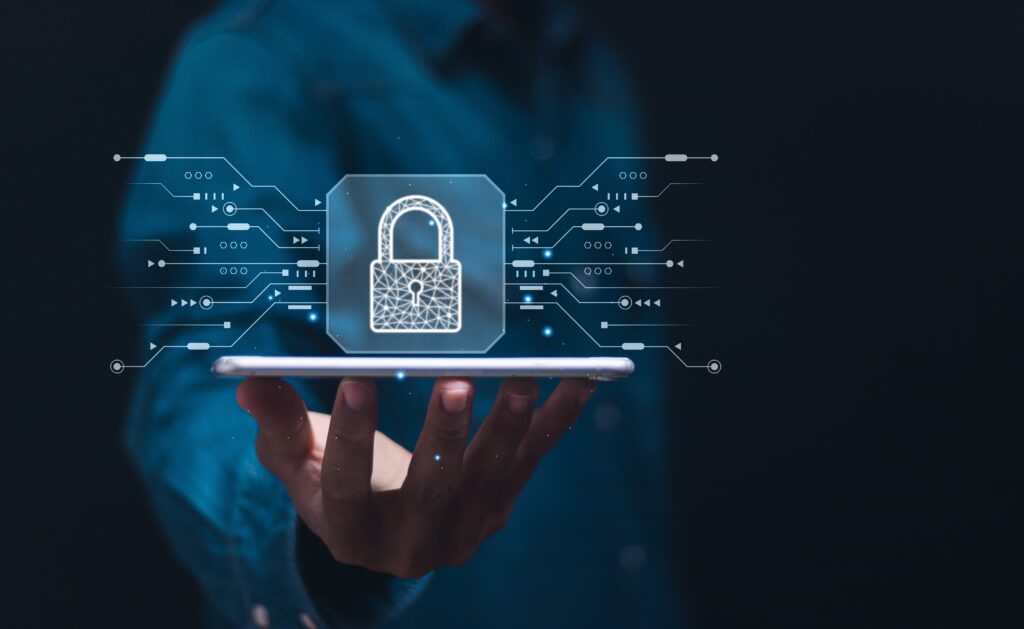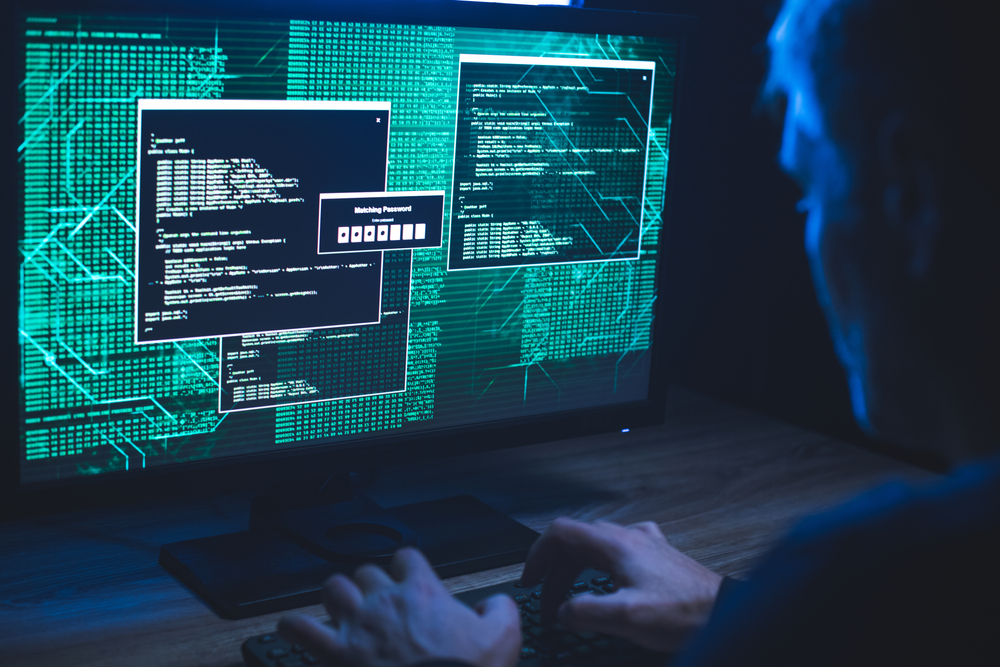
We live in a digital era where almost everything is connected—from our homes and workplaces to our vehicles and wearable technology. While this interconnectedness brings incredible convenience and innovation, it also exposes us to growing risks. Cybersecurity is no longer just a technical issue for IT teams; it is a business-critical priority for organisations of all sizes. As threats become more sophisticated, the need to fortify your digital future with robust security practices has never been more urgent. This blog explores key strategies and technologies for safeguarding data, systems, and people in today’s connected world.
The Role of Cyber Security Awareness
While technology plays a critical role in cyber defence, people remain the weakest link. Cyber security awareness is essential for ensuring staff and users understand how to identify, avoid, and report threats. A well-informed employee is often your best line of defence against phishing scams, malware, and insider threats.
- Conduct regular training sessions covering threat types, safe internet habits, and how to respond to suspicious activity
- Simulate realistic phishing attacks regularly to assess employee reactions, identify weak points, and strengthen cyber defences.
- Deliver ongoing refresher training with interactive quizzes to help staff retain knowledge and stay alert to evolving cyber threats.
Effective cyber security awareness programmes help cultivate a culture of vigilance and responsibility.

Understanding the Modern Cyber Threat Landscape
The current cyber threat environment is dynamic and increasingly aggressive. Attackers range from amateur hackers to highly organised criminal networks and nation-state actors. The nature of cyber threats has evolved, with ransomware, phishing attacks, and data breaches now occurring daily across the globe.
- Ransomware attacks have increased by over 90% globally in the past two years
- Data breaches cost companies millions and damage reputations beyond repair
In such a landscape, businesses must shift from a reactive to a proactive cybersecurity model.
Key Areas of Vulnerability in a Connected World
In our connected environments, there are several weak points that cybercriminals often exploit. These vulnerabilities span both personal and organisational spaces.
- Smart devices and Internet of Things (IoT) technology often lack built-in security, making them easy targets
- Cloud-based infrastructures, while flexible and scalable, can be prone to misconfigurations and unauthorised access
- Mobile phones and bring-your-own-device (BYOD) policies introduce risk if not properly monitored
- Social engineering attacks that exploit human error continue to be one of the most effective intrusion methods
Recognising these vulnerabilities is the first step in developing a security-first culture.
Foundations of a Strong Cybersecurity Posture
To fortify your digital environment, it is vital to implement and maintain foundational cybersecurity measures. These practices apply to individuals, small businesses, and large enterprises alike.
- Encrypt all sensitive data to ensure that even if it’s intercepted or accessed unlawfully, the information remains unreadable and secure.
- Always update software and operating systems promptly to fix security flaws and protect against known vulnerabilities and exploits.
- Back up critical data routinely and test recovery plans to guarantee business continuity in case of cyberattacks or system failures.
The foundation for a robust cybersecurity posture is laid by these actions.
Leveraging Technology to Enhance Security
Advanced technologies can dramatically improve your security capabilities. Today’s cybersecurity solutions leverage automation, artificial intelligence (AI), and behavioural analytics to detect and neutralise threats before they cause harm.
- Endpoint Detection and Response (EDR) solutions monitor and analyse activity on devices, identifying unusual behaviour
- Security Information and Event Management (SIEM) platforms aggregate logs and offer real-time analysis
- Threat detection systems driven by AI can swiftly identify anomalies by learning typical user behavior.
- Zero trust architectures ensure that no one is automatically trusted, whether they are inside or outside the network.
When implemented strategically, these technologies can provide a strong barrier against cyber threats.
Building a Cyber-Resilient Organisation
A cyber-resilient organisation not only prevents attacks but also recovers from them quickly and effectively. Cyber resilience combines technical defences with operational strategies and contingency planning.
- Develop a comprehensive incident response plan that outlines how to handle security events
- Invest in regular testing of business continuity and disaster recovery procedures
Resilience ensures that your business can adapt, recover, and thrive even after a cyber incident.
Compliance and Data Protection Regulations
Adhering to legal and regulatory frameworks is another crucial aspect of fortifying your cybersecurity stance.
- Understand and align with regulations like GDPR, NIS2, and CCPA, depending on your region and sector
- Maintain clear policies around data collection, storage, and sharing
- Document and monitor access to sensitive data regularly
These efforts build trust and demonstrate a commitment to responsible data handling.
The Future of Cybersecurity
As technology evolves, so too must cybersecurity. Looking ahead, we can expect a new wave of challenges and solutions shaped by innovation.
- Quantum computing could potentially break current encryption models, pushing the need for quantum-resistant algorithms
- Blockchain technologies may offer new ways to secure digital identities and transaction records
- Behavioural biometrics and predictive analytics could make threat detection more accurate and timely
- AI-driven security operations centres will become more prevalent in monitoring and responding to attacks
Staying informed about these trends will allow organisations to prepare for the cybersecurity demands of tomorrow.
The Importance of Tailored IT Support
In addition to building internal capabilities, businesses must consider external expertise. Accessing dedicated IT support Watford services can significantly enhance your security infrastructure and provide peace of mind. From 24/7 monitoring and incident response to compliance guidance and cloud security, local IT specialists understand the unique requirements of your business and can tailor solutions accordingly.
- This is particularly valuable for small to medium-sized enterprises who may not have the resources for an in-house security team.
- With professional IT support Watford services, businesses can remain secure while focusing on growth and innovation.
Conclusion
Protecting data and systems is not only a technical requirement but also a strategic imperative in today’s society, which is becoming more digital and networked. As the threat landscape continues to evolve, organisations must invest in cyber security awareness, advanced technologies, and expert support to build resilience and secure their future. One trusted partner in this domain is Renaissance Computer Services Limited, offering robust IT support and cybersecurity solutions tailored to the unique needs of businesses. With the right support and proactive measures in place, companies can confidently embrace the digital future without compromising on security.





